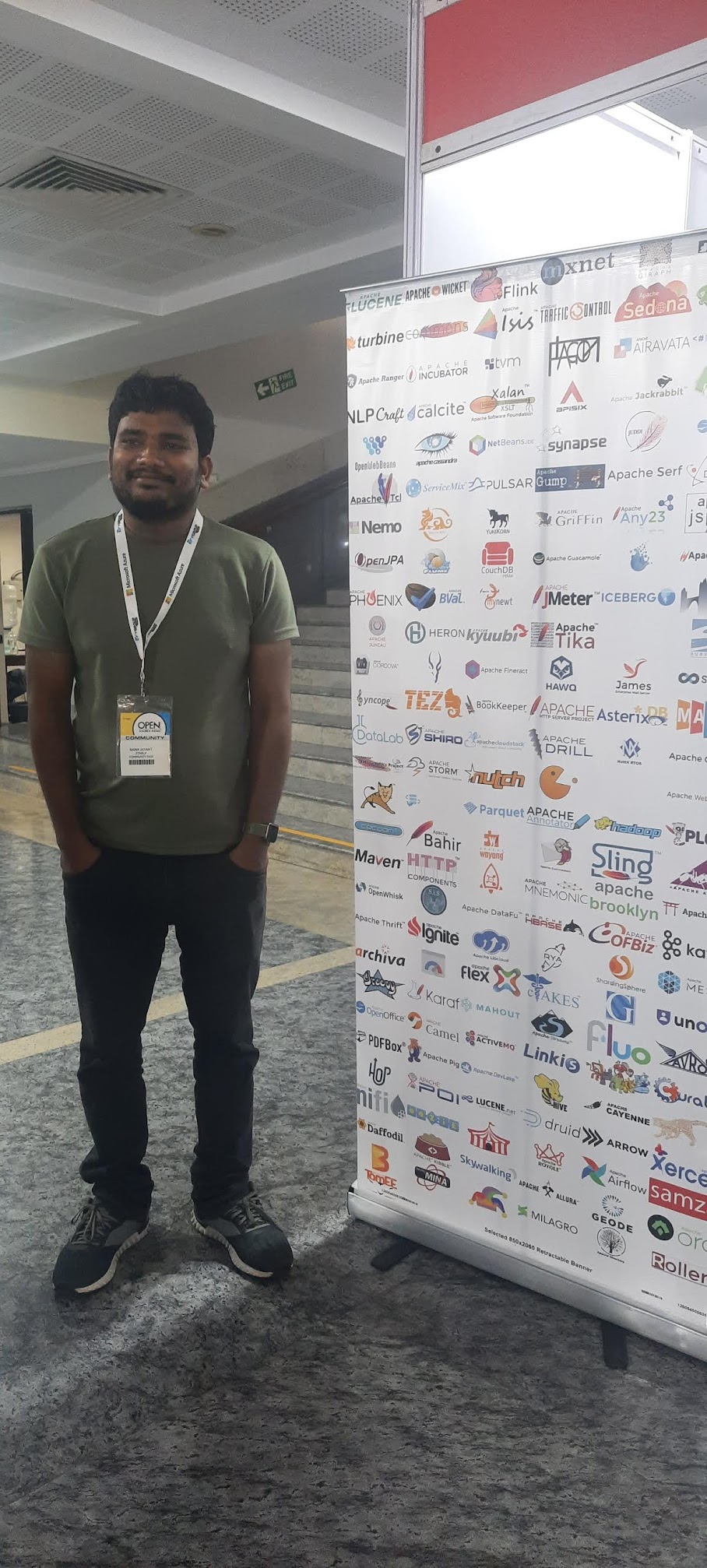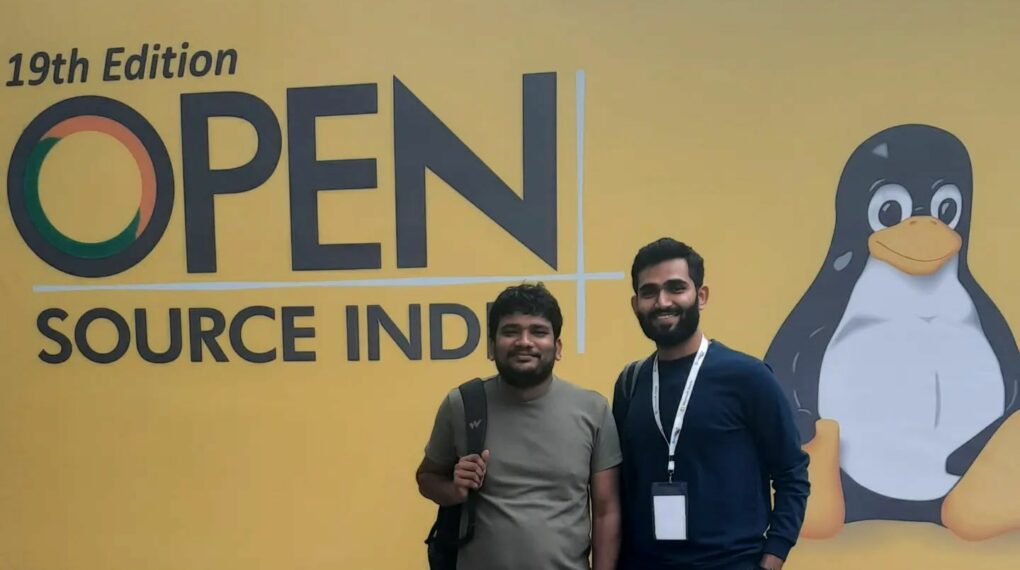I have been scouting open source communities for a while. On a glance it’s one of those communities that make massive impact on society. Imagine world without linux, It will be microsoft and internet world could have been way smaller.
How big is open source?
Well, definitely taller than me when compared to this standee.

Wait, this is just from apache foundation. It doesn’t have oracle or Automattic and etc. So in need, it’s way bigger.
As per fortune business insights, more than 62% organizations actually run linux.

src: fortune business insights
So the Open source operating system community alone is biggest in the market share. No Windows, No Apple, it’s linux than leads in servers.
Couple of cool products I found that were useful
- chatwoot (an open source customer support system, now with AI, salesforce service cloud alternate, open source zendesk, open source )
- siznoz (opensource open telemetry)
- decentalize cloid
- Mosip (open source aadhar stack, funded by bill and melinda gates foundation, used by poor tech infra countries)
- SODA Foundation (avoid vendor lockin with cloud providers)
Key Learning
- There is no perfect time to open source, there will always be issues
- You will have to make enough to survive (Support, Service, Cloud Service)
- As a founder of OSS project, You will have to know the direction to take
- Reject the tech stack contributors you don’t understand
- Let people that are better than you contribute
- Evaluate every new talent with fresh mind. (not based on your past)
- Be open to communicate
- India is yet not one of the biggest open source contributors country, people yet look for paid jobs.
- US, Europe and very specific people from other countries can be very good contributors
- Don’t f up with user’s repo/folder or user’s data (Linus Torvalds)
- Building a product takes time
- Odoo initial launch was done in 2004 and now it’s the biggest superpower in space cutting 50% cost on SAP, and superior in terms of feature over salesforce.
Events I have attended
| Name | Outcome | Community |
| FOSS Bangalore 2023: |
|
It’s Foss |
| Open Source 2022, Bengaluru at NIMHANS |
|
EFY, OSS |
| Odoo | 1. Massive projects take time
2. If finanical support available (clients, contributors), OSS can outsmart companies like SAP, Salesforce, ZOHO, Hubspot and even Microsoft (Linux) |
Odoo |
A product/company really depends on 3 major 3 things
- Business Use Case Fulfilment
- Reliability
- Data Security
- Extensibility
Some of the early mover companies have already made a workflow to build solution. IE: Salesforce
But there are new businesses that are making change on existing flow and making a better UX for end users.
Example: Hubspot is making UI friendly for end users. They don’t to enter so much data as they were entering in salesforce.
But, there is something hubspot is unable to tackle. The pricing. It’s letter than salesforce, but it can still be brought down.
Why most of open source projects fail
- people don’t like to pay for small things (ie: dummy data generator for api)
- people don’t pay unless they see it’s helping a business
- people choose free version if it’s available with everything
- Very few people actually contribute to real open source, and it will likely continue the same way
Take: It’s better to be on the side where you are a product alternate which business owners can company and feel that they are saving money and getting all three things any business looks for.
The three things. (Business Use Case Fulfilment, Reliability, Data Security, Extensibility)
My Take: (confidential)
- If we can make mixcrm opensource, it’s really possible to do something here
- The users will be able to install and host on a normal $20 linux server or own
- They will have to pay no one
- Report i
- Later we can release hosted version or mixcrm
Challenges:
- Find good contributors who can spend enough time
- Make dev and marketing popular
- Vulnerability management
- Make release safe by default (Docker based deployment) to avoid open port issues
- Choose the right license (ie: cloud companies should not copy and sell their own)
- Protect the trademark and asset under a single company
- Make the image available on marketplace of DO, GCP, AWS

